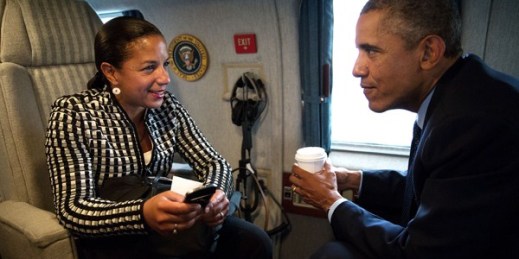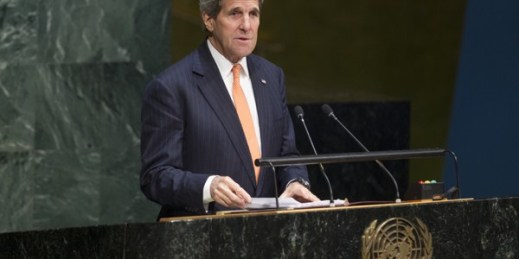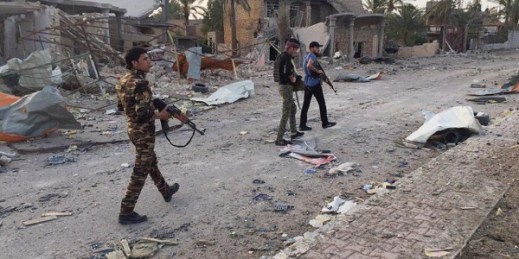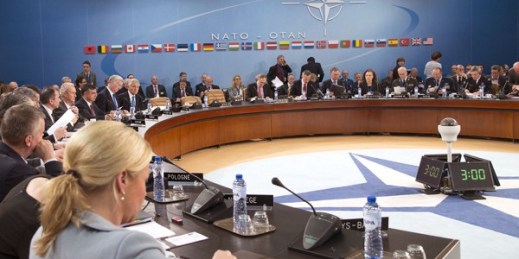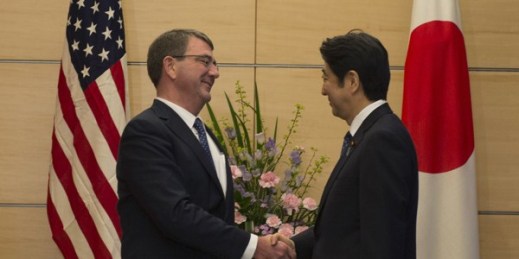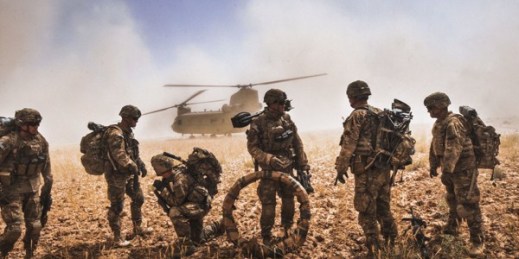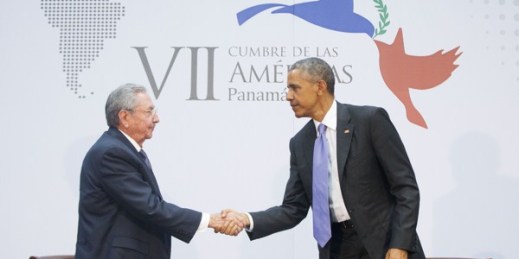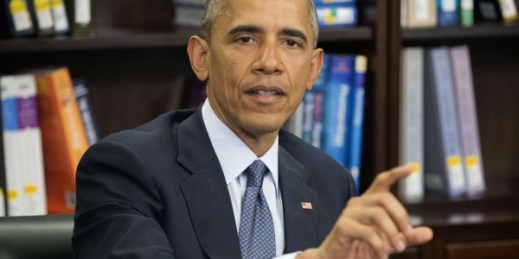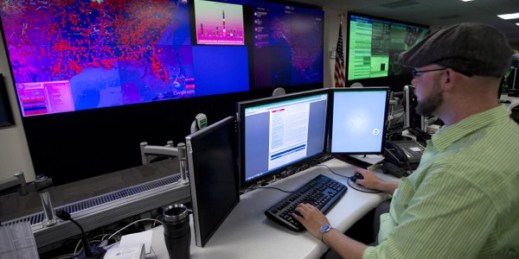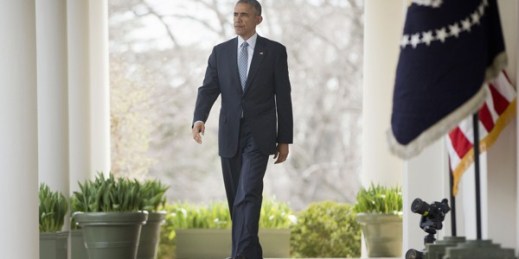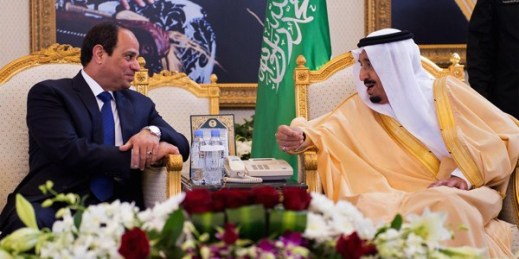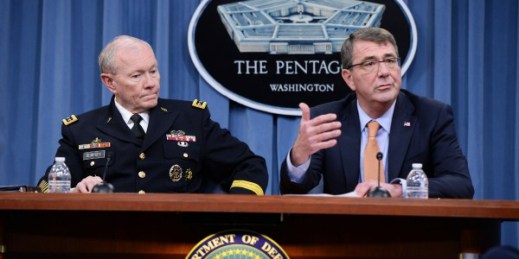
When the U.S. Department of Defense released its latest cyber strategy last week, it laid more than just another brick in the edifice of cybersecurity that the government has been building for decades. Coming just a few weeks after President Barack Obama’s Executive Order setting out a policy framework for sanctioning malicious cyber actors, the new strategy marks a significant evolution in Washington’s understanding and approach to providing security in the digital age. That’s because it comes with a warning to potential adversaries: The United States will no longer only be reactive in its cyber defenses, as the Pentagon will […]

